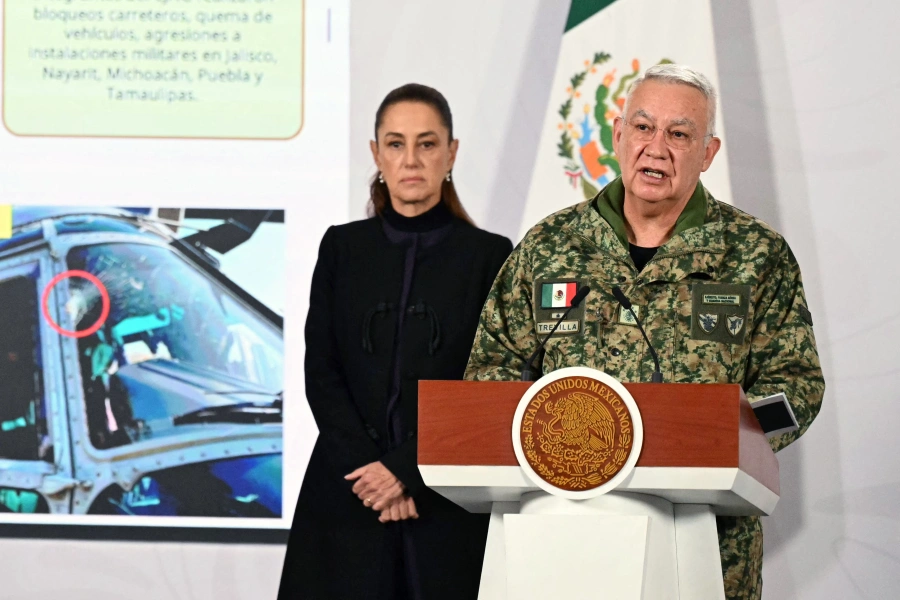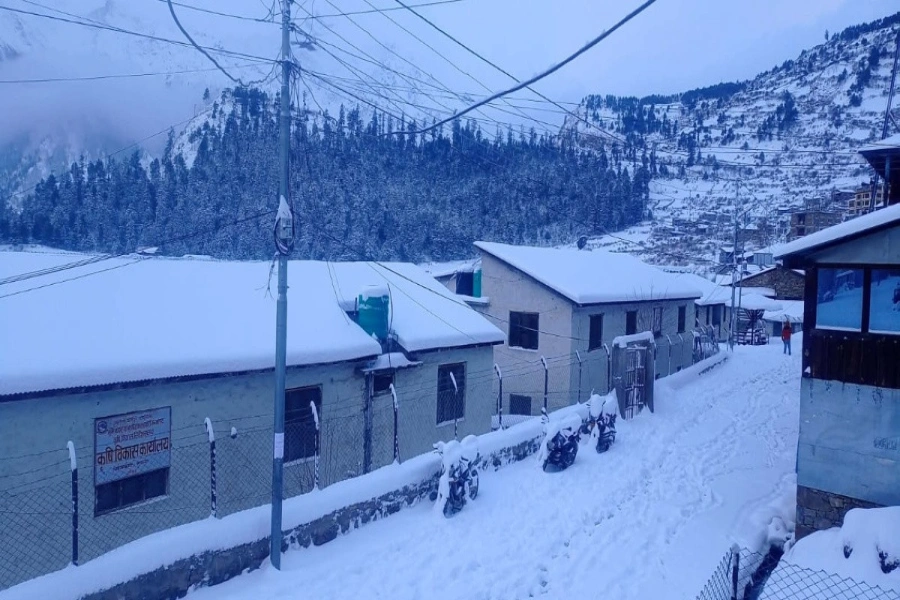Is there a way to better support the civil servants who have what it takes to become social intrapreneurs?
In times of social and economic upheavals around the world, it is critical to recall what drives and inspires humanity to forge ahead and shape a better tomorrow. We call it justice.
In the article A Framework for Justice Sally Osberg, President and CEO of Skoll Foundation, one of the biggest engines of social innovation in the world, makes a case for more effort to ensure justice for all. “Justice is our north star. It provides the bearings to guide us through territory fraught with tests of character and will… It summons in us the courage and fortitude to tackle issues vital to a better future for humanity from peace and human rights to education, health, economic opportunity, and environmental sustainability,” writes Osberg.
Osberg strongly believes in the power of social entrepreneurs who are able to come up with innovative ideas, test them on the ground and progressively develop new products and services that, while economically sustainable, also help solve problems faced by local communities around the world.
The focus in the last decade has been on these determined individuals, the so-called “changemakers” while little has been said about those individuals who can define themselves as “insiders” because they work in private corporations, not-for-profits or government agencies.
Recently, however, there has been a shift. Social entrepreneurs are recognized as change agents at local, regional and global level.
According to a report Social Intrapreneurs published by an hybrid consortium of think tanks, social innovation outfits and corporate like SustainAbility, Ideo and Allianz social entrepreneurs refers to persons who work inside major corporations or organizations to develop and promote practical solutions to social or environmental challenges where progress is currently stalled by market failures, those who apply the principles of social entrepreneurship inside a major organization.
If you surf the web, you will realize that a new ecosystem is emerging to support those unnoticed change makers, including a League of Intrapreneurs, a global platform supported by many institutions including BMW Foundation, the philanthropic arm of the luxurious German carmaker.
The League of Intrapreneurs is encouraging dynamic persons working within organizations, either public or private, to come up with new ideas and approaches that can have multiplier effect because they will be incorporated and mainstreamed by their employers for high impact.
What often happens, unless you work in the Silicon Valley, is that the bigger your employer is, the more you are stifled, losing autonomy and spirit of initiative as the internal system is too big and too busy with internal procedures and paperwork. You can think of the United Nations System but you can also think of any public sector ministry or agency.
You can start as the most motivated, passionate and dynamic employer but end up being overwhelmed by the system. This can be particularly true for the civil service. If you think about Nepal, there are many public servants who are highly competent, many of them with PhDs from reputed universities, but who in the end are “sucked up” by the system.
Recently there was news about low spending capacity of many ministries and public bodies at local level. You can read about frustrations experienced by top civil servants on how things are not moving as fast, especially on national priority projects.
I wonder if this happens just because of the way the system is, with its endless procedures and often overlapping and competing powers of authority and lack of communication and cooperation among agencies. The fact that the country is still too dependent on aid from multiple donors and hundreds of implementing agencies at local level does not help.
I have personally met many outstanding civil servants who are brilliant and technically sound. Is there any way to better support those civil servants and help them become social entrepreneurs?
Nepal has benefitted from strong Chief Secretaries like Leelamani Paudyal (now Ambassador to China) and Dr. Som Lal Subedi, an expert in fiscal decentralization with decades of experience in the government.
Daayitwa, a high social impact organization in Nepal, has been helping Nepali students with apprenticeship within national ministries. Everybody can become a social intrapreneur. We need to get people more motivated about their job and help them rediscover their passions.
Promoting Promoting Social Intrapreneurship is a call for action not only for citizens, students, and volunteers who are already active but also for those who have decided to remain inactive. So what can be done? Let’s start from the civil service. If we want a prosperous, developed country with social justice, we need a strong public administration and more social entrepreneurs.
Let’s build on available skills and expertise and help motivated civil servants unleash their potential to change the country.
Change of Guard and OBOR

The author is the Co-Founder of ENGAGE, an NGO working with differently-able people








































